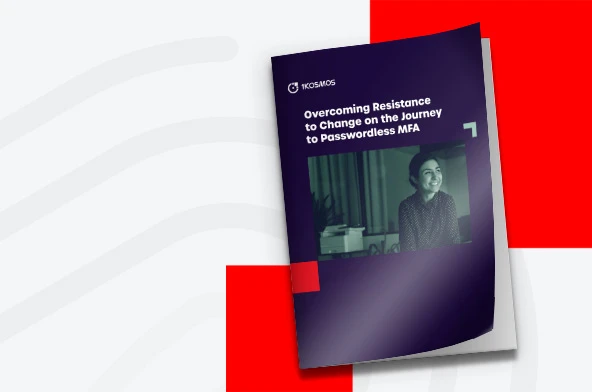Is There Really No Easy Fix for ID Verification for Government Benefits?
Recently, I came across an article titled “No easy fix for ID verification for government benefits” that explored a major challenge that governments have been facing for the past few years. This problem involves balancing fraud prevention in unemployment insurance claims and ensuring that qualified individuals can access the benefits that they are entitled to. The concern is that anti-fraud measures may prevent benefits from reaching the constituents that they are intended to help.
Since COVID-19 relief programs started in 2020, states have grappled with a dramatic increase in fraudulent claims. This led 27 state governments to work with a commercial identity verification provider in hopes of flagging potential fraud. Unfortunately, this resulted in a new issue that made the news earlier this year called Identity Decisioning Bias. Identity Decisioning Bias was used in algorithms designed to verify identity but is built in a way that disadvantages certain populations, such as racial and gender groups. Depending on the identities that the AI algorithms were trained on, databases show bias towards certain populations. This means that some users might not be recognized and denied access to services.
What’s the solution to this problem? First, pooling data to build “intelligence” is risky because it leaves private data at risk of being hacked. Instead, data should be stored on a private, immutable blockchain to eliminate the possibility of theft. Additionally, live biometrics should be used for identity proofing instead of device level biometrics. The 1Kosmos BlockID platform can use mobile phones to perform a live selfie or a “liveness test” which can determine if the face in front of the camera is real or not with 99% accuracy. This eliminates the possibility of Identity Decisioning Bias in the 1Kosmos BlockID platform. Our platform was tested on iBeta to produce zero false matches in 200 live biometric attempts on iOS and Android devices, validating the reliability of the BlockID platform for accurately performing live biometrics for identity proofing.
As the world continues to move to an online-first environment and begins to adopt zero-trust constructs at scale, we find we have architected a solution to suit the security needs of government and organizations today and well into the future.
